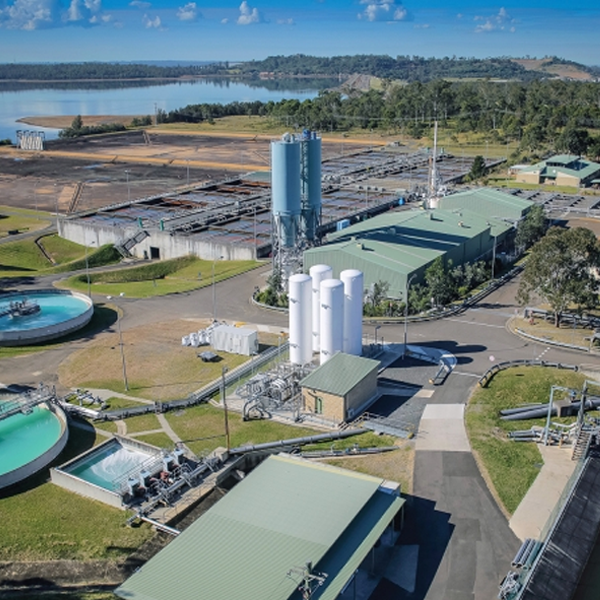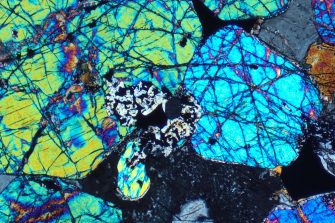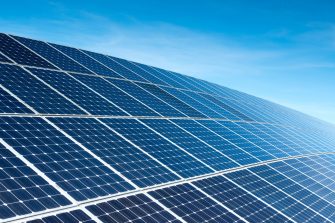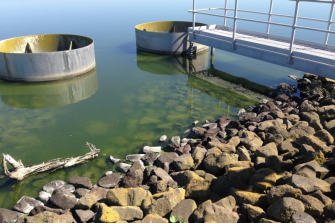Our research

WRC has many core areas of research and applied research activities, which are supported by academics and researchers from within the School of Civil and Environmental Engineering. Our activities cover virtually everything to do with water and the technology we develop is also successfully applied to non-water related areas.












